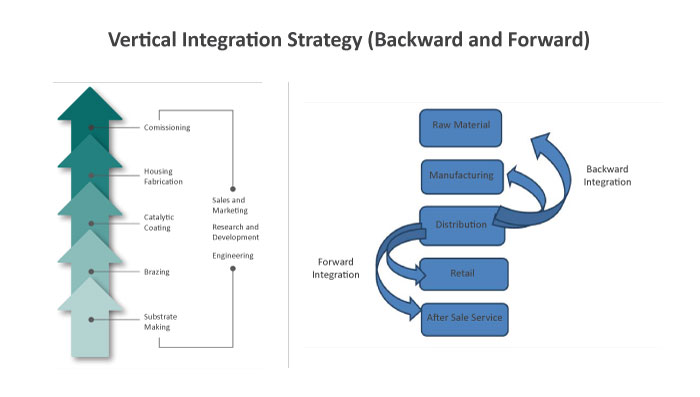Public Corporation Form of Public Enterprise
The public corporation form of management of the public enterprise. It has most widely used in England and the commonwealth countries. There are very few state companies at all in Great Britain. At the same time, state company forms are prevalent in Europe, France, Germany, and Italy.
India, Cornwallis’s report advocated that the state company has advantages over the public corporation for most manufacturing enterprises as it is more flexible in nature. But the report of the estimate committee said that the public companies are more or less extension of the government department because it possesses very little autonomy.
But in reality, the state and public corporations do not differ very much except their legal status. It has very little difference in the context of matters of operation. In practice, the company is mainly under state control as static is its major shareholder. However, it is subject to company law and Articles of Association or terms of Agreement to special forms of governmental supervisor. These characteristics are not really very much different from those embodied in the legislative instruments that create the public corporation.
To institute the proper form of management is a vital problem, obviously in all countries. There are several institutions for running public enterprises. Such as departmental form. Corporation form, joint-stock companies, etc. Each of them has relative merits and demerits. For example, departmental form upholds centralization, whereas the corporation adheres to maximum flexibility.
In underdeveloped countries, much attention pays to do the form only. But it less understands that everything depends on the conventions that permit to develop within the institutional framework, in other words, on the informal relationships which can either realize the purposes of the institutions of killing them stone dead. In turn, these informal relationships will influence the current political style, and by the characteristic way the country concerned goes about is the governmental business.
In developed countries, society is the achievement-oriented, comparatively high valuation placed on initiative and enterprise qualities. People in business enjoy adequate prestige and expect independent-mind. They adoptable irrespective of whether the private or the public sector is the scene of their operation. Minister bureaucrats and even parliamentarians are aware of their own limitations and prepare in various degrees, refrain from meticulous interference in business policy, and protect the managers of the public enterprise against undesirable political pressure.
In the underdeveloped countries society:
- Tends to be status-oriented rather an achievement-oriented
- Initiative and enterprises are under suspicion.
- The prestige of business people is low.
- Political and administrative authorities regard themselves as omnipotent.
- Centralization reaches almost pathological proportions.
- Managers scare and professional unfledged and
- Opportunities for prestigious employment outside the government service is efficient.
But public enterprises are public bodies. They create the public with a great motive for people’s well-being as the government represents the public. There must be a developmental role of public enterprises in national development so that people’s interest servers on the one hand. On the other, the very nature of the public enterprise is sustained. Only proper coordination with related prom ensures consistency with the overall developmental role of public enterprise.




